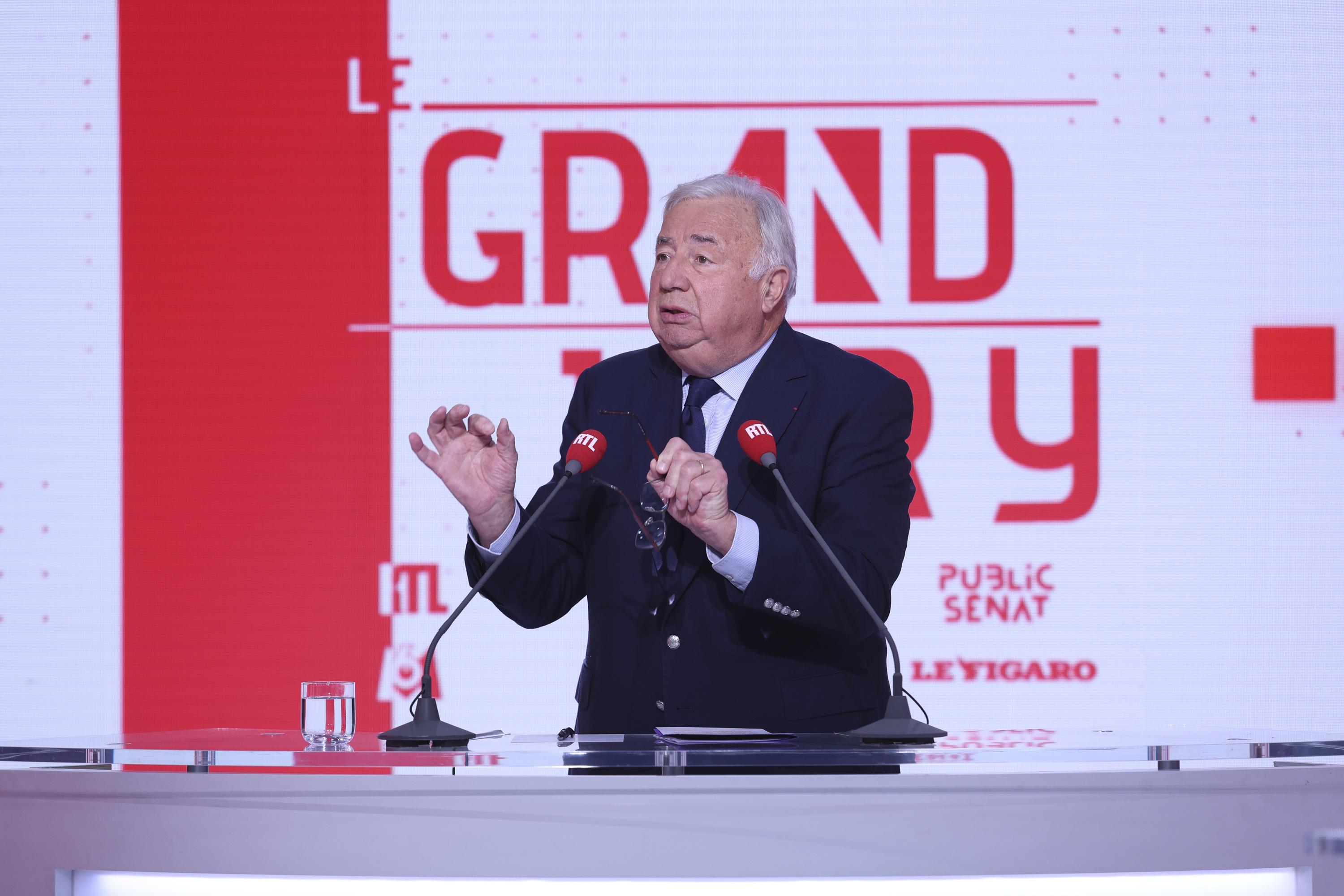France Suspends Retirement Age Increase Amid Political Backlash from Édouard Philippe and Gérard Larcher
France’s suspension of the retirement age increase sparks political clashes as Édouard Philippe and Gérard Larcher criticize the decision and oppose its continuation during budget debates.
- • The French government has suspended the gradual increase of the retirement age, provoking political controversy.
- • Édouard Philippe criticized Minister Sébastien Lecornu’s concession to socialists as too significant and vowed to oppose the suspension in budget debates.
- • Gérard Larcher views the suspension as proof of France’s inability to implement reforms.
- • The suspension highlights divisions within the government and ongoing social tensions regarding pension reform.
Key details
The French government’s recent decision to suspend the gradual increase of the retirement age has ignited significant political controversy. Former Prime Minister Édouard Philippe publicly criticized the concession made by Minister Sébastien Lecornu to the socialists, calling it "too significant." Philippe affirmed that deputies from his party, Horizons, will oppose the suspension during upcoming budget debates, signaling a strong political divide.
Meanwhile, Gérard Larcher, President of the French Senate, condemned the suspension of the Borne retirement law as evidence of "our incapacity to reform," highlighting frustrations within the political establishment over stalled pension reforms.
The suspension contrasts sharply with ongoing tensions over other political issues, including Marine Le Pen's immediate ineligibility to hold office following her conviction, which the Conseil d’État recently upheld. Additionally, Senator Ian Brossat voiced his dismay over a parliamentary report on the 1968 Franco-Algerian agreement, criticizing it as "nauséabond" and noting that the agreement’s annual cost is estimated at least €2 billion.
This suspension marks a significant retreat from pension reforms aimed at increasing the retirement age gradually, a measure that had faced considerable opposition from unions and left-wing parties. The government’s move attempts to ease social tensions but faces resistance within its own ranks, particularly from figures like Philippe who view such concessions as undermining necessary reforms.
As budget debates loom, the political landscape remains sharply divided. The suspension underscores the challenges facing the French government in navigating pension reform—a historically contentious issue that touches on social welfare, economic policy, and electoral politics.
In sum, France’s pension reform suspension has sparked a political backlash emblematic of deeper divisions about the country’s reform capacity, brought into sharp relief by statements from key political leaders and ongoing judicial rulings.
This article was translated and synthesized from French sources, providing English-speaking readers with local perspectives.
Source articles (2)
Source comparison
Latest news
Katy Spicher Sues French State for Denial of Justice Over Unsolved 1983 Murder of Her Mother
French Public Sees Rise in Political Violence Amid Pre-Municipal Election Tensions
Businesses Drive French Economy Amid Rising Financial Challenges for Youth
France Climbs to 4th Place in 2026 Winter Olympics Medal Table After Biathlon Relay Gold
XV de France to Field Largely Unchanged Lineup Against Italy in Six Nations
France and India Deepen Strategic Partnership with Focus on AI Regulation and Defense Cooperation
The top news stories in France
Delivered straight to your inbox each morning.

